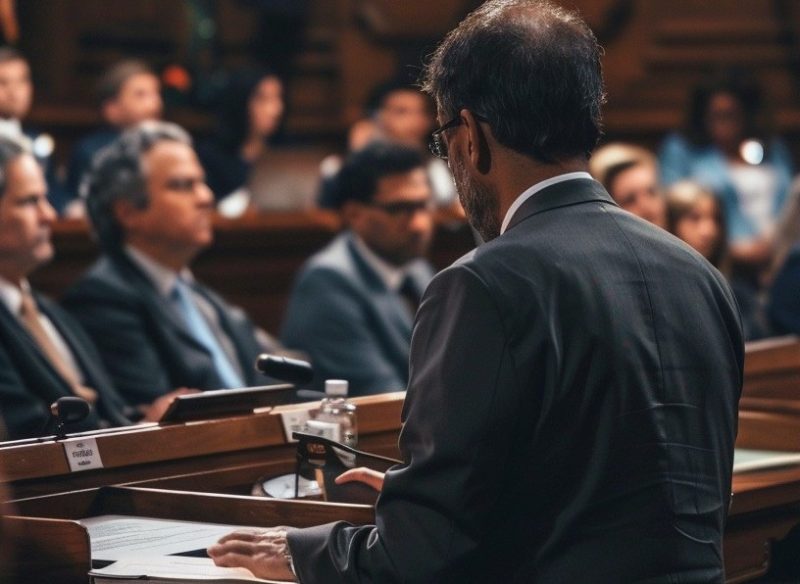Spice Mobiles Ltd vs Somasundaram Ramkumar: The Dual SIM Patent Battle That Shaped Indian IP Law
In 2002, Somasundaram Ramkumar, an engineer from Madurai, filed a patent application (No. 161/MAS/2002) for a mobile phone capable of holding multiple SIM cards. The patent (IN214388) was granted in 2008.
By that time, dual SIM phones had become widespread in India. Ramkumar claimed that companies like Spice Mobiles and Samsung were infringing on his patent by selling dual-SIM phones without his permission. He sought royalties and filed lawsuits against several companies.
Table of Contents
ToggleHow Did the Patent Affect Spice Mobiles’ Business?
After Ramkumar’s patent was granted, he registered it with Indian customs authorities. This led to the detention of Spice Mobiles’ imported dual SIM phones, causing significant business disruptions.
In February and March 2009 alone, Spice Mobiles reported losses of approximately ₹35 crore due to these detentions. The company also had to halt the launch of its new dual-mode PDA, the D-1111, affecting its commitments to distributors and stakeholders.
What Was the Core Legal Argument Against the Patent?
Spice Mobiles, along with Samsung India, challenged the validity of Ramkumar’s patent at the Intellectual Property Appellate Board (IPAB). They argued that the patent lacked novelty and an inventive step, as similar technologies were already known.
Furthermore, they contended that Ramkumar had not commercially utilized the patent, which is a requirement under Indian patent law. The IPAB found that Ramkumar had not developed a working prototype that demonstrated the claimed features, such as simultaneous operation of multiple SIM cards. As a result, the IPAB revoked the patent in 2012.
What Were the Broader Implications of This Case?
This case highlighted the challenges posed by “patent trolls”—individuals or entities that hold patents solely to extract licensing fees without intending to manufacture or market the patented invention. The IPAB’s decision underscored the importance of actual implementation and use of a patent in India.
It also emphasized that patents must demonstrate genuine innovation and not merely be tools for litigation. The case set a precedent for how Indian courts and regulatory bodies handle similar disputes, reinforcing the need for a balance between protecting intellectual property rights and preventing their misuse.
Conclusion
The legal battle between Spice Mobiles and Somasundaram Ramkumar serves as a significant example of how patent laws operate in India. It underscores the necessity for patent holders to actively utilize their patents and for the legal system to prevent the misuse of intellectual property rights.
The case has had lasting effects on how patents are viewed and enforced in the Indian market, particularly in the rapidly evolving tech industry.



